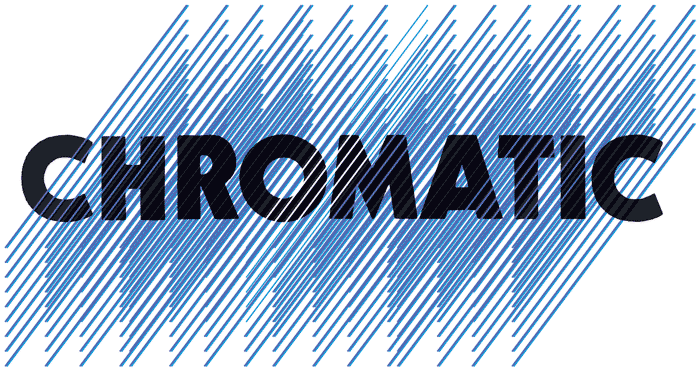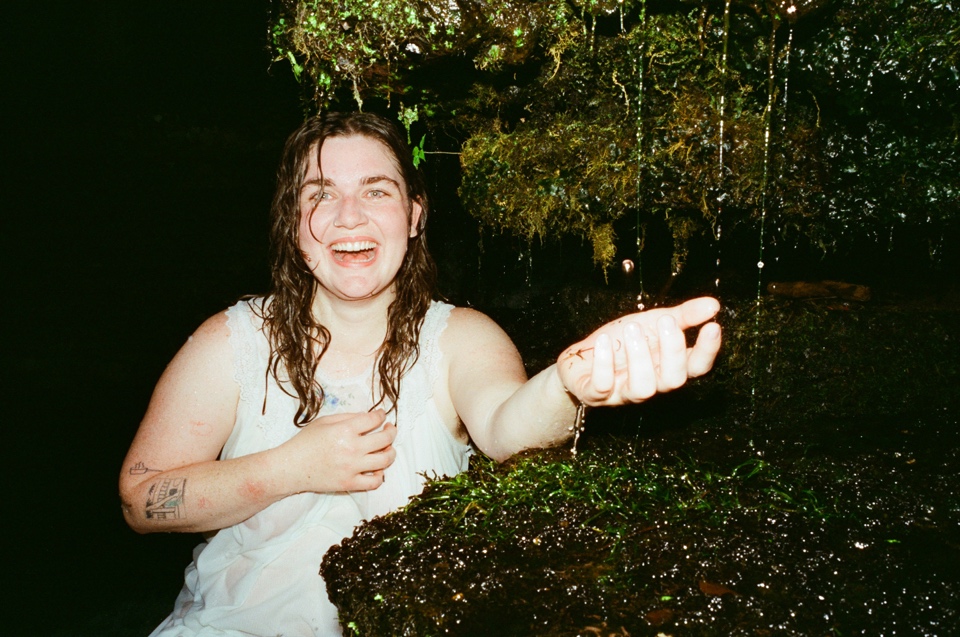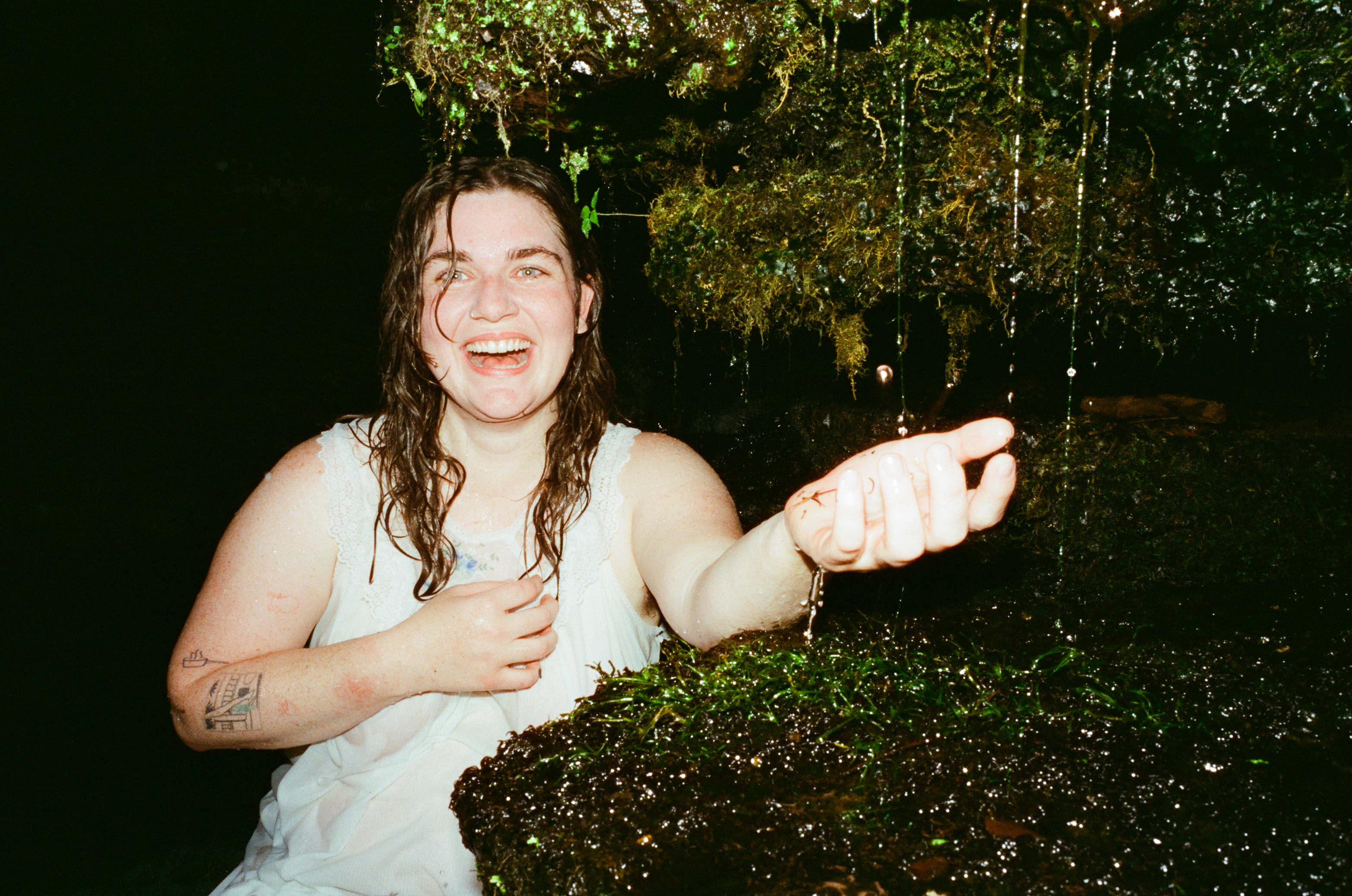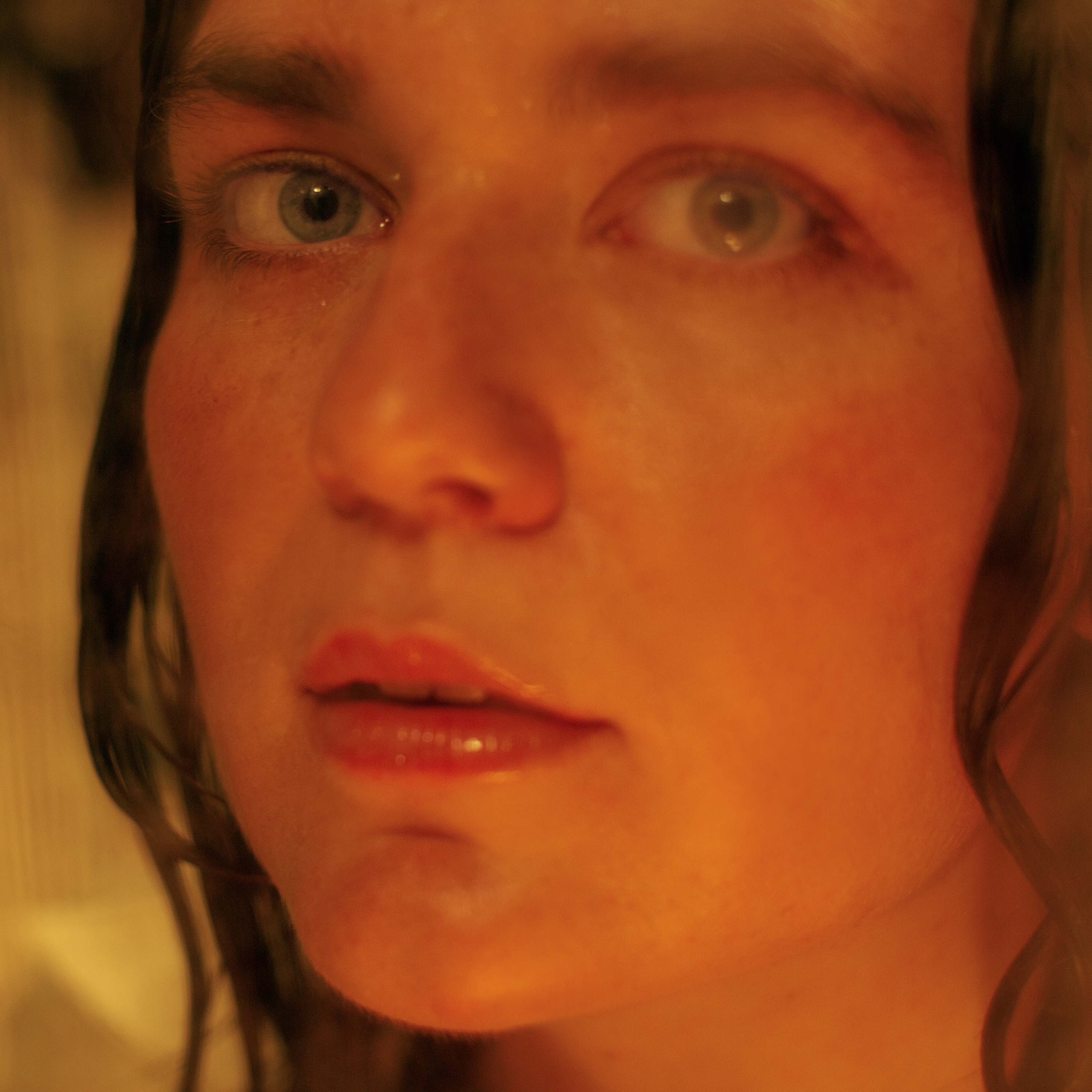Olivia Barton
For Myself and For You out 10/10/25
Sometimes it seems like everything has been said before. And then sometimes you hear a song that speaks so directly and honestly to experience, it reveals the deep and profound humanity in everyday language and life. On her third album For Myself and For You—a record about no longer bullshitting yourself about your life, your struggles, or your love—Olivia Barton does it time and time again. Across its 12 songs, Barton is unflinching, first with herself, and then with the world around her. She sets her gaze inwards and she does not blink. The result is a delicate but powerful collection about queer love, family life, heartbreak, aging, anxiety, and body image that are startling in their directness and crushing in their emotional weight.
“A really good way to love someone is to deal with your shit, so this album really should be called (I Deal with My Shit) For Myself and For You, but I dropped the first part,” Barton says. “I chose to make something permanent out of feelings that are so obviously temporary. I think that’s brave, and I’m glad I’m stupid enough to do it.”
Barton’s commitment to honesty and clarity is the guiding principle of For Myself and For You. That commitment forms not just her approach to lyric-writing, but also the way she composes her music. “I’m always improvising melody and lyrics simultaneously,” she says, “which creates such a marriage between them that you couldn’t take one out of the other.” This approach means her melodies sound natural and fluid, as if they themselves are writing the words. That ease of creation, and her voice’s simple elegance, can almost disguise the heaviness of what Barton is singing–though not quite. “I want to recognize myself,” she sings in “My First House,” wandering through her childhood home years after it’s been sold, confronted with the passage of time. “The playroom is an office now,” she observes, in a way that is both casual and devastating. For Myself and For You is full of moments like this. “All I want is you to notice when I leave the room,” she sings in “Matter to You,” co-written with Madi Diaz; Barton also co-wrote "Everything Almost” on Diaz’s LP Weird Faith and “Movie Star” on Lizzy McAlpine’s LP Older, and has supported both on North American tours. It’s a straightforward lyric on paper, but takes on tremendous weight as she unspools it into the song’s still air. “Anyone could say that, it’s not a clever phrase at all,” Barton says. “But I’m always in pursuit of a line like that: something everybody’s saying, but nobody’s singing.”
The follow up to 2022’s This is a Good Sign, For Myself and For You finds Barton’s songwriting honed to a diamond-sharp point. “I just keep zooming in, this album gets more to the root of what’s been going on for me in my whole adult life,” she says. “Listening to these songs now, I hear myself saying all the things I struggle to say to the people in my life. I hear my love for my family, and how I still punish them for being human. I hear myself learn to buck up and admit to my partner when I’m wrong. I hear myself delighting in the world like a child and protesting it like a teenager. I hear my refusal of the idea that a song has to be complicated to be interesting.”
Barton’s focus on the everyday details of her life means these songs will sound familiar to anyone navigating life in their 20s in the last decade or so. She appreciates the early days of flirting around her partner in “Kissing in Public” (“I finished my gay show, I want to call you”), which morphs into an anthem for long-term love. She remembers the exhilarating shock of hearing herself play a song on the guitar for the first time (“holy shit, this is music!”, from “I Love You Just For Trying”) while grappling with feeling like a failure. She struggles to get her dad to see things with her eye to eye and loves him for trying (“Dad Song”). In “Thank You Love You All Better,” Barton and her partner make out, watch a movie, eat some takeout, and make up a few songs to entertain themselves; the pleasure she feels in driving around with the sunroof open is matched by the warm and relaxed accompaniment of the fiddle that follows her.
For Myself and For You was co-produced and engineered by Pinegrove’s Sam Skinner in Brooklyn. Having seen Barton “fully captivate audiences with just her voice and guitar,” he says, he saw his mission as “translating the vulnerability and rawness of her live performances into the recorded medium.” Or, as Barton puts it, the goal was to “not fuck it up.” The recording—like the songs themselves—is about framing things as simply and directly as possible, putting as little noise (whether sonic, analytical, or otherwise) between the source of things and the person experiencing it. In “Thin Again,” one of the album’s most vulnerable songs and the one Barton calls “the scariest song on the record for me to sing,” her voice is miked so closely it feels like she’s drawing you in to tell you something she can’t bring herself to say any louder.
“I’m not trying to show off,” Barton says, though that should be obvious by now. “I’m trying to clear away everything that gets in the way of the song. It allows much more room for what’s actually being talked about,” she continues. “And that’s what I care about more than anything else.” That means being able to speak the truth plainly and clearly, both for one’s self and for the people you love. Only then can you come to terms with who you are and where you find yourself. “The truth can’t travel backwards,” she sings in the closing track of For Myself and For You, “The Hardest Thing,” “and that’s gonna have to be OK.”



